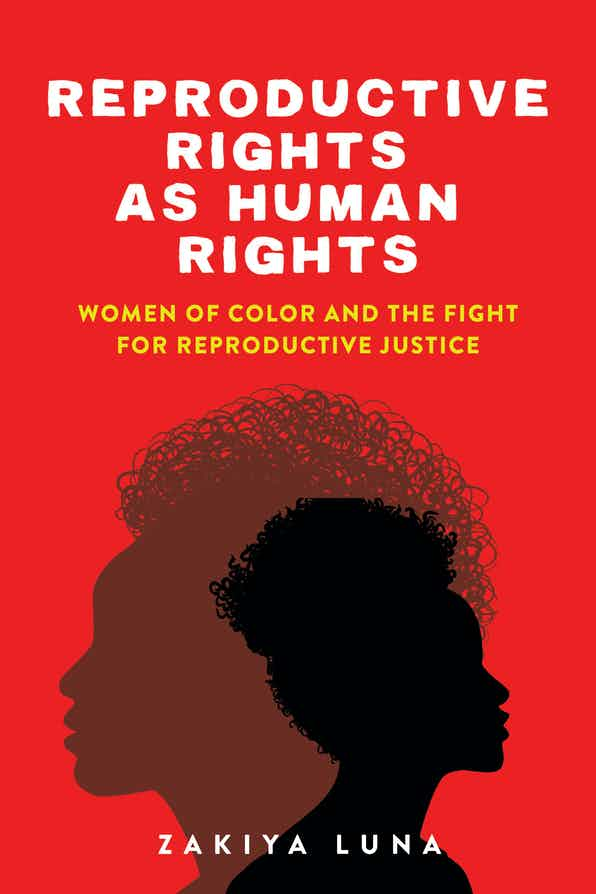Zakiya Luna’s rich study combines comprehensive discourse analysis of political rhetoric and archival documents with her own ethnographic experiences within the reproductive justice movement. This book is an entry point into this often-marginalized arena, presenting a unique perspective informed by years of participant observation and thorough research which has produced additional projects, attesting to Luna’s expertise in this field of study. As a woman of color, Luna’s work is symbolically significant, and her intersectional lens renders this study broadly applicable to scholars of law, sociology, and gender studies, to policymakers and activists, and, indeed, to all women, who the reproductive justice movement indirectly or directly impacts. In tracing the way that reproductive justice has been framed as a “human right,” Luna addresses the potential for the human rights discourse to deliver on its intrinsic promise to secure freedom and equity for all.
Keyword: intersectionality
Review of Second World, Second Sex: Socialist Women’s Activism and Global Solidarity during the Cold War by Kristen Ghodsee (Duke University Press)
Kristen Ghodsee’s Second World, Second Sex recovers the historical legacy of women from the Eastern bloc and post-colonial Africa as political activists for women’s rights and diplomats for socialist and non-aligned nations during the UN Decade for Women, 1975-1985. Second World, Second Sex challenges the conventional wisdom of three-wave feminist history by documenting the critical interventions made by women in service of a vision of equality that was always already intersectional, and that refused to separate women’s issues from questions of neo-colonialism, racism, and economic re-distribution. It offers a helpful and instructive reminder of socialist feminism’s rich and global history of organization and action, a history that was created and fought for in large part by alliances of women from non-aligned and socialist countries during the Cold War and whose memory is all too often erased from dominant Western histories of the women’s movement.
Editors’ Introduction: Cultural Studies and Intersectionality as Intellectual Practice
As a “critical social theory,” intersectionality already lies at the roots of contemporary cultural studies, and the best work in cultural studies has the capacity for or is already engaging with intersectionality as method. This is work that accounts for the multifaceted nature of subjects, institutions, processes, and structures as it asks its questions about cultural objects, experience, ideology, history, or discourses. Intersectionality as, along with dialectical materialism, a core intellectual practice of cultural studies, offers expanded possibilities for political traction, relevance to the world and people’s lives, and transformative potential. We see models of such work throughout this issue, including with part two of a special forum on emergent analytics of critical humanities.


